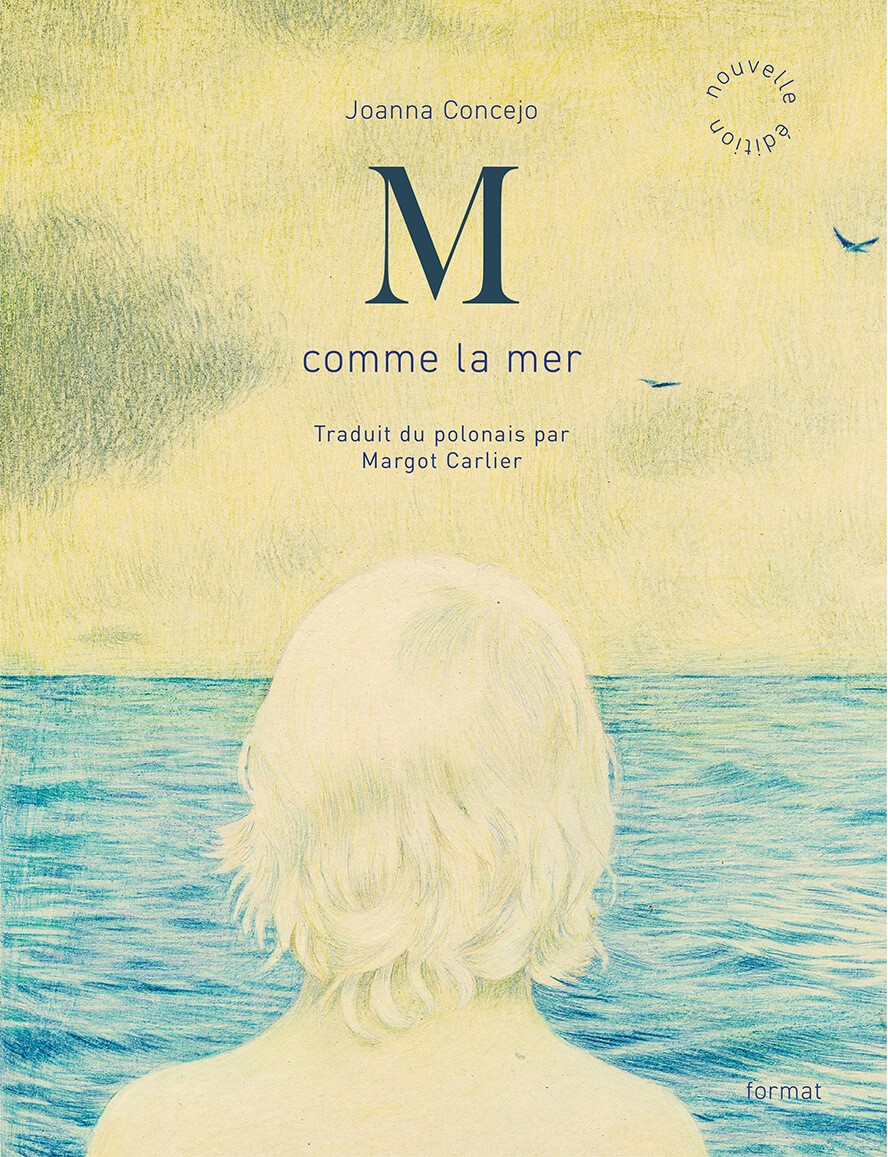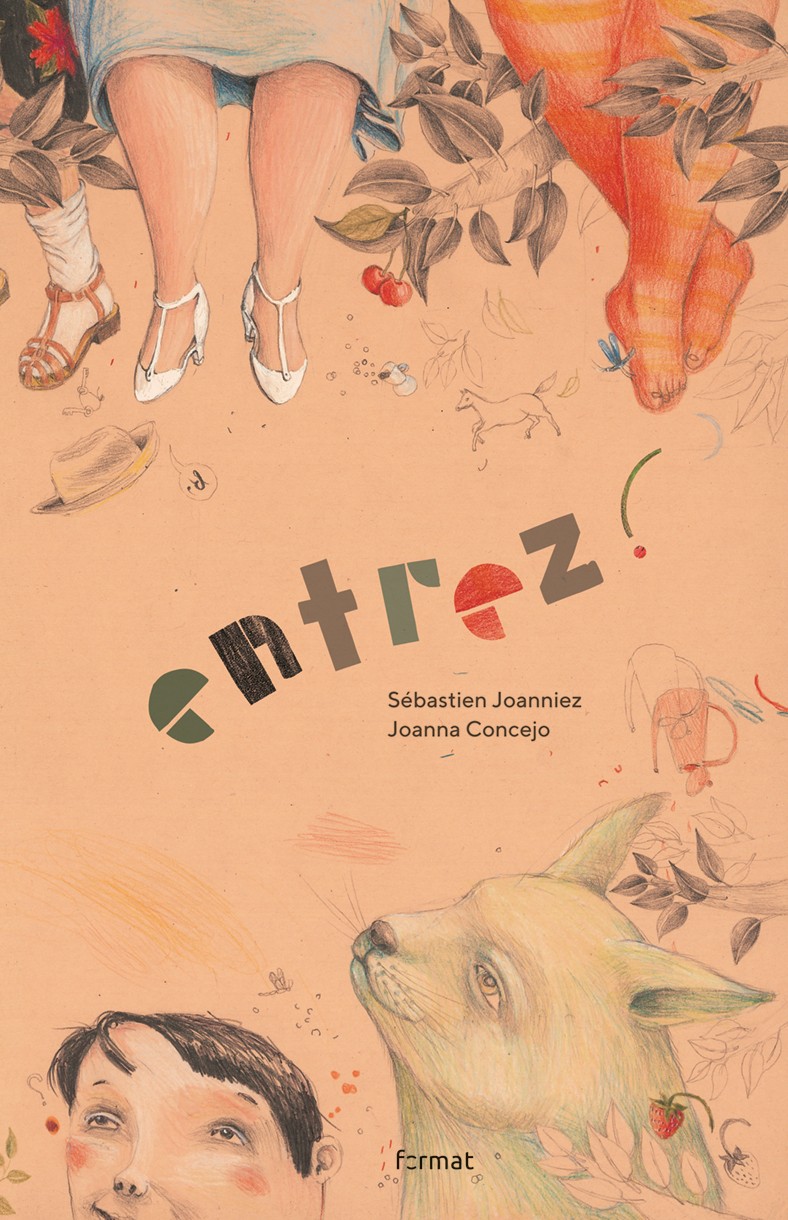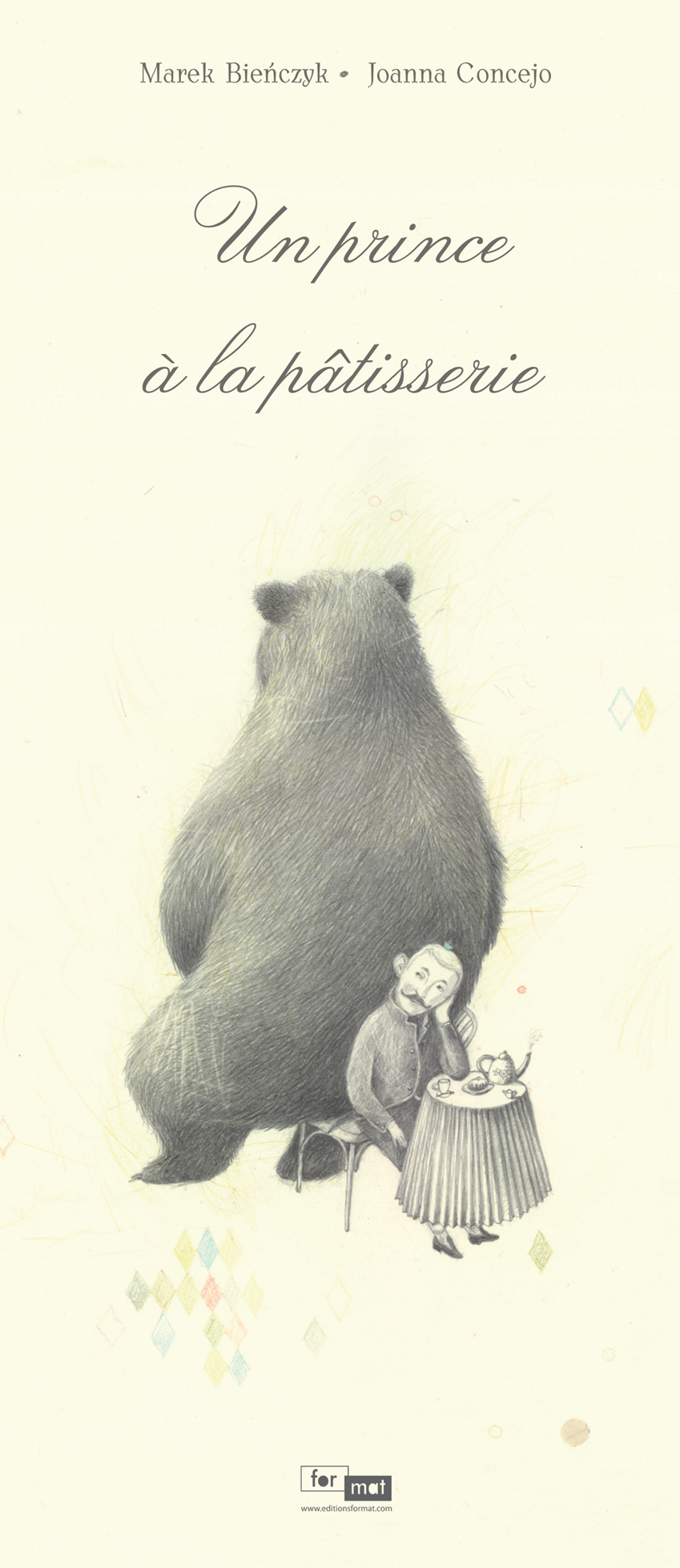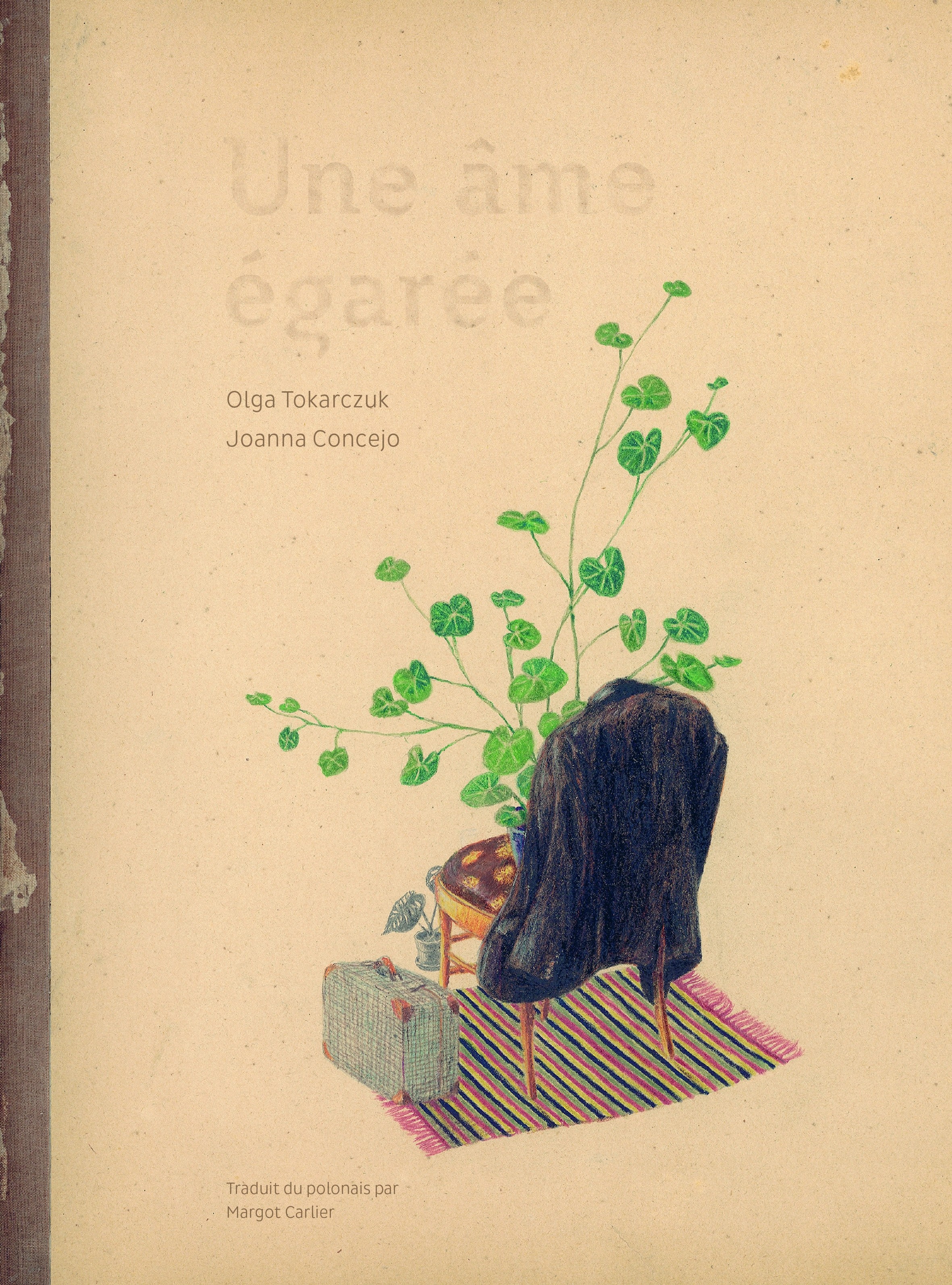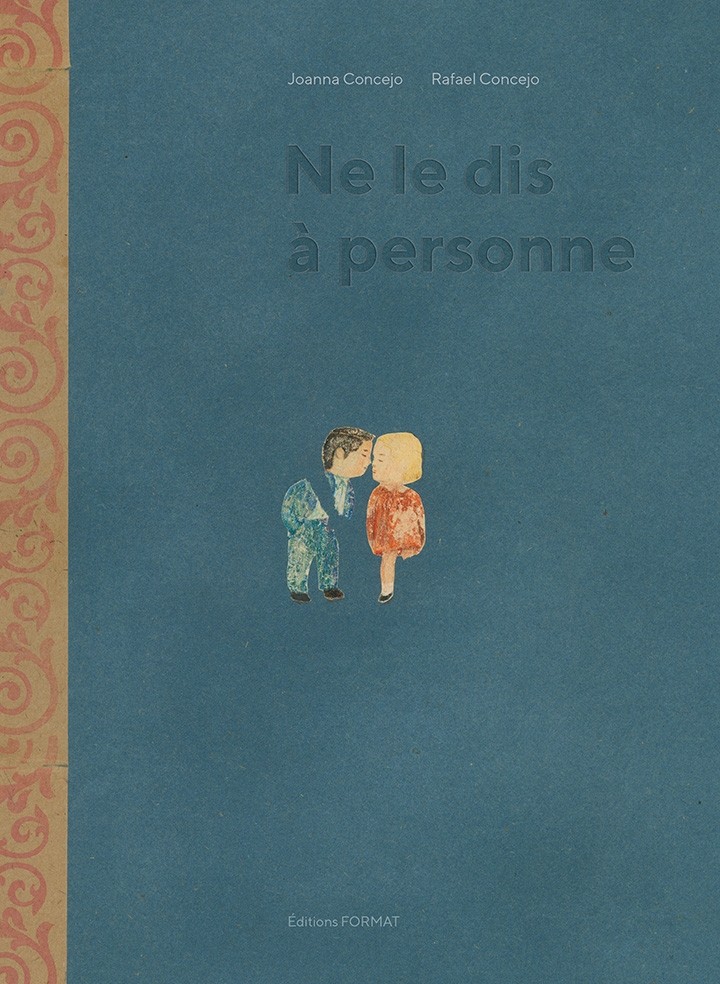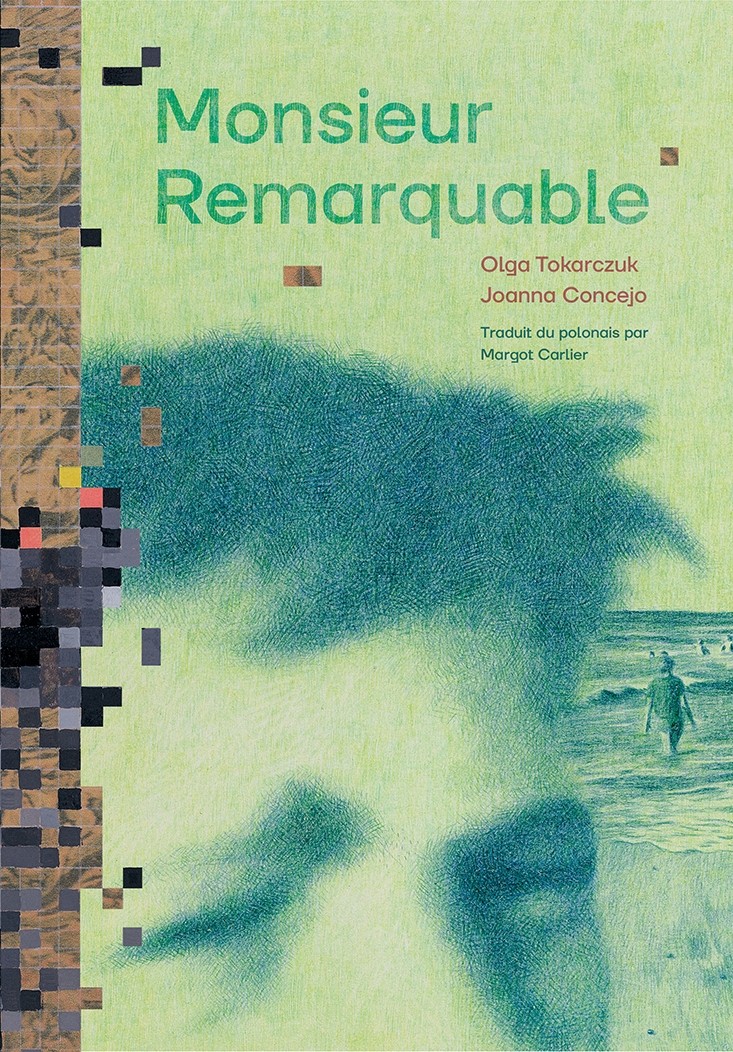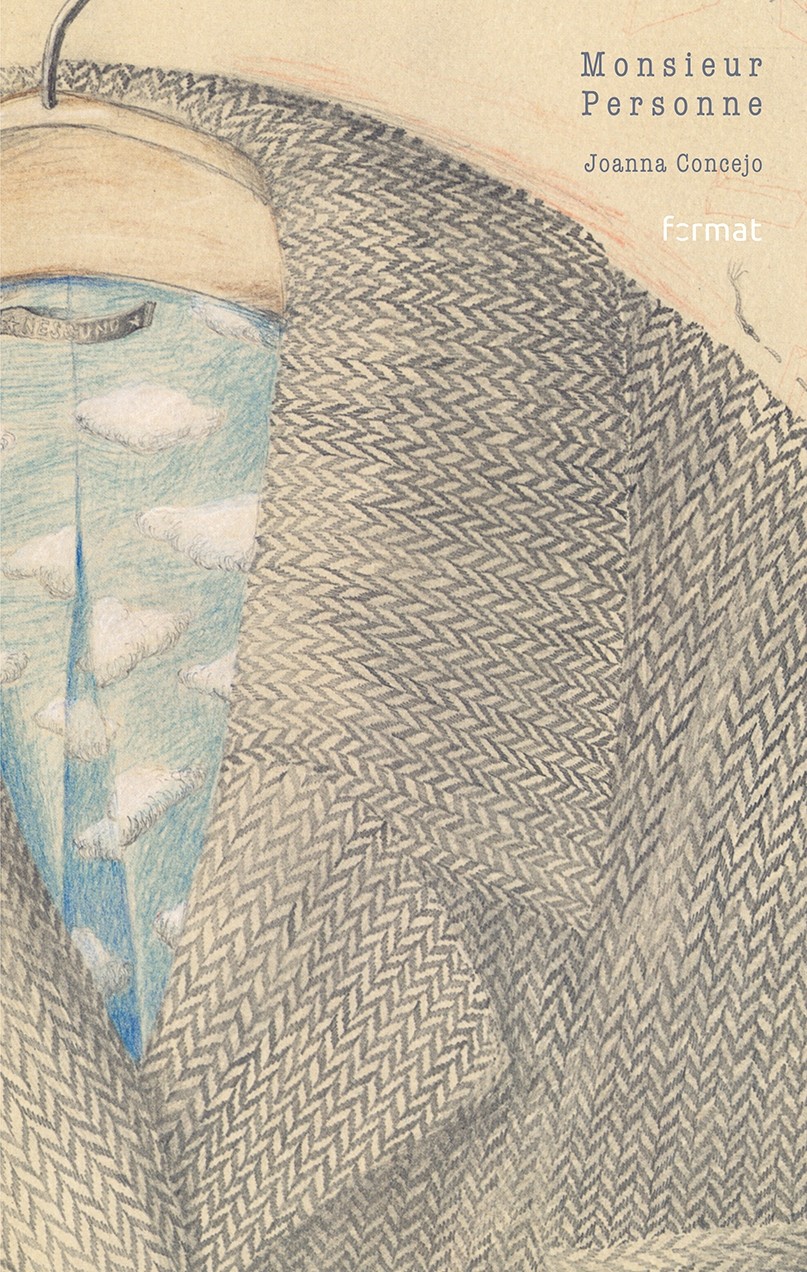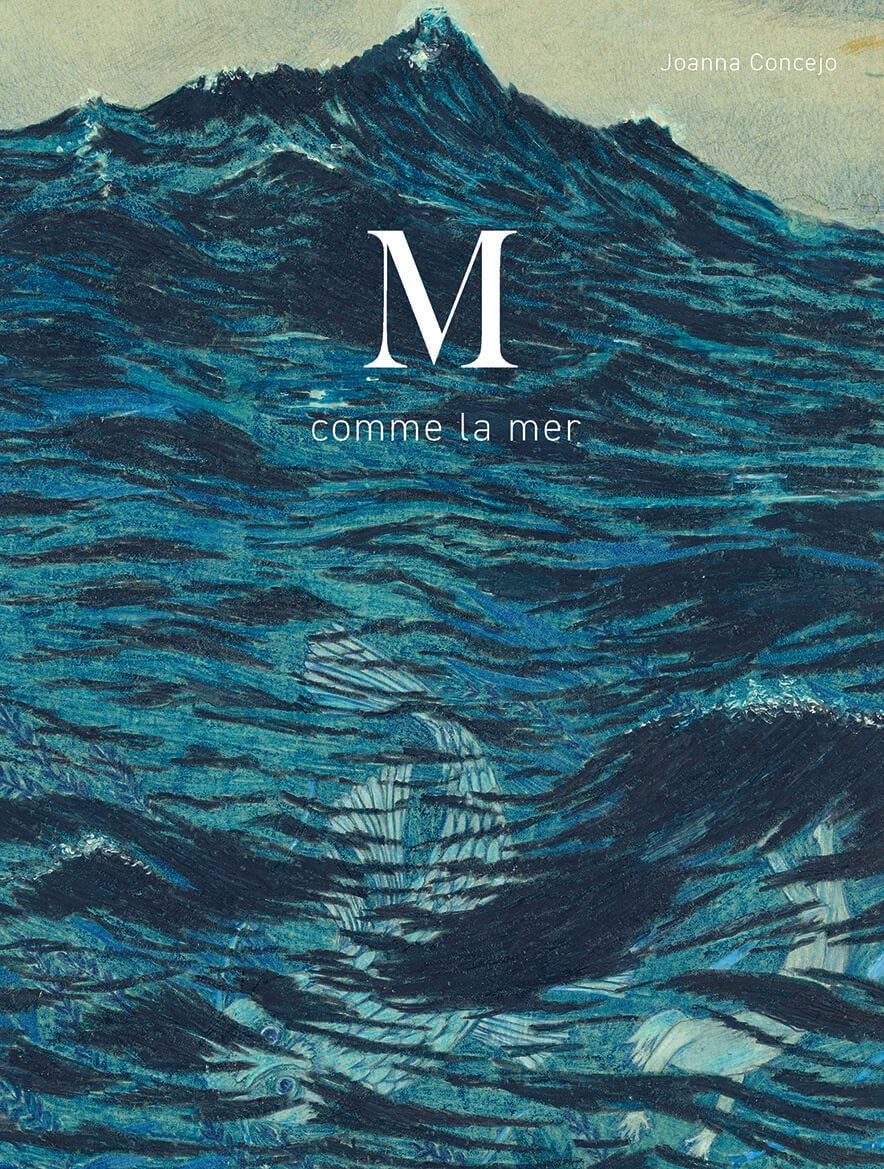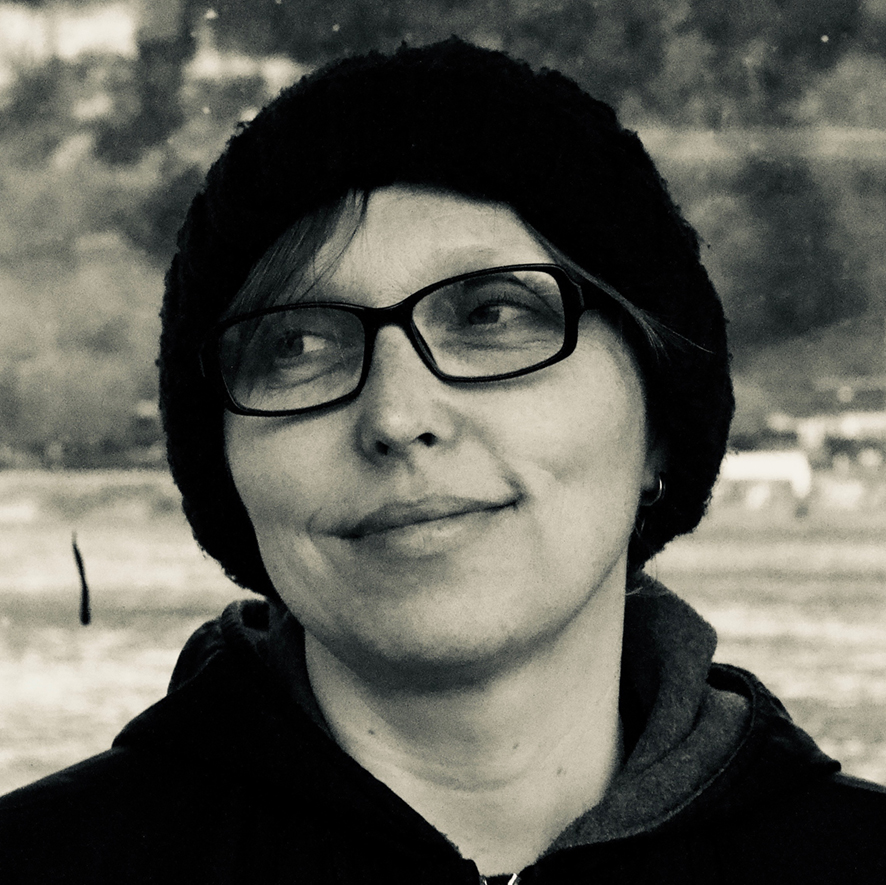

Joanna Concejo
Auteure et illustratrice
Joanna Concejo, illustratrice et artiste de renom international, diplômée de l’Académie des beaux-arts de Poznań, en Pologne. Depuis 1994, elle vit et travaille en France. Lauréate du prix Calabria Incantata (Italie) et du prix IBBY (International Board on Books for Young People) pour Un Prince à la patisserie (écrit par Marek Bieńczyk, Éditions Format 2015). Le jury de Bologna Ragazzi Award 2018 lui a attribué la mention spéciale pour Une âme égarée (écrit par Olga Tokarczuk, lauréate du prix Nobel de littérature 2018,
Éditions Format 2017).
%201.png)


